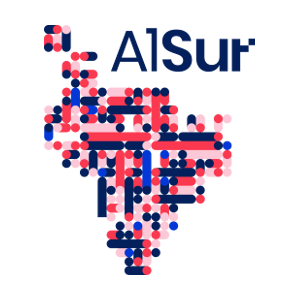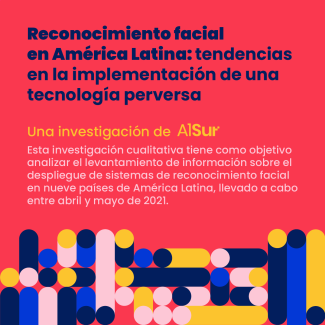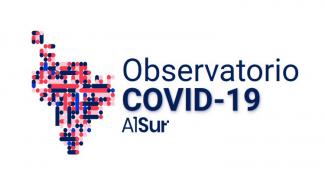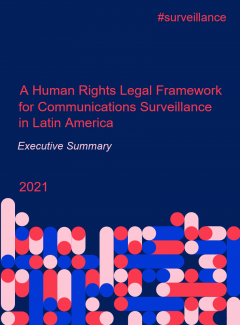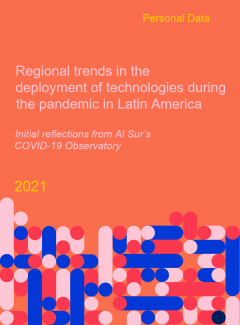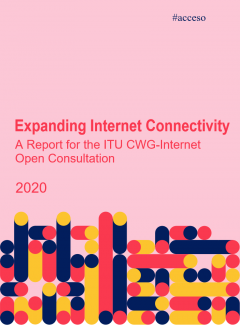This panel will be the opportunity to talk about this initiative and its main findings, as a reflection on how public policies trust freely in technological solutions for problems that are much more complex.
Etiqueta(s)
Al Sur is now part of the General Privacy Assembly's reference panel
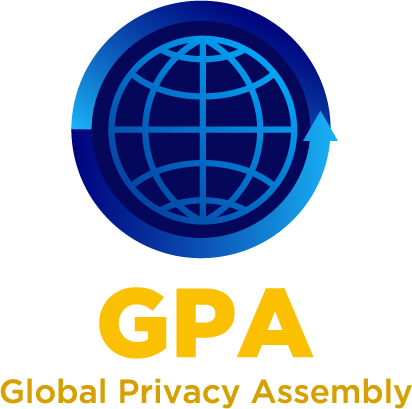
The General Privacy Assembly (GPA) has selected the ADC's executive director, Valeria Milanes, to be part of its reference panel representing our coalition, Al Sur.
International civil society joins to comment on the Budapest Additional Protocol on Cybercrime
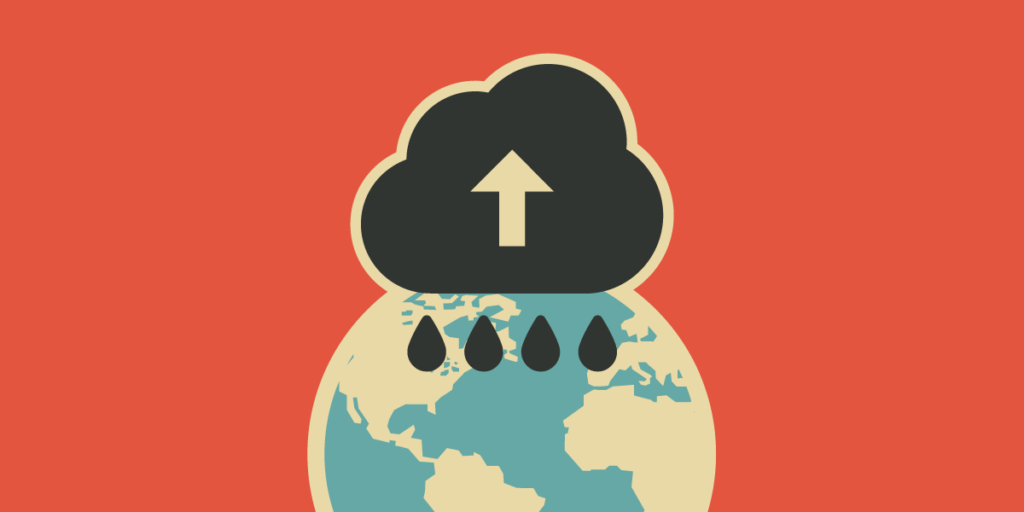
With EFF, EDRi, IT-Pol Denmark, Article 19, Derechos Digitales, and Homo Digitalis, Al Sur has presented a joint report with shared concerns on the new draft of the Second Budapest Additional Protocol on Cybercrime.
Al Sur participates in ITU consultation on expanding Internet connectivity
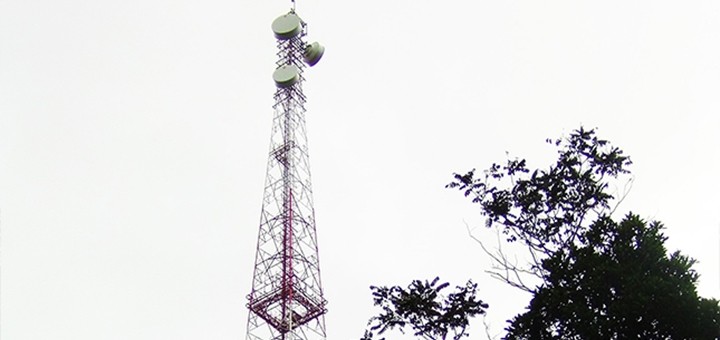
The consultation was organized by the ITU Council Working Group on International Public Policy Issues Related to the Internet (CWG-Internet). It is the first time that Al Sur is part of an ITU public call for cooperation.


